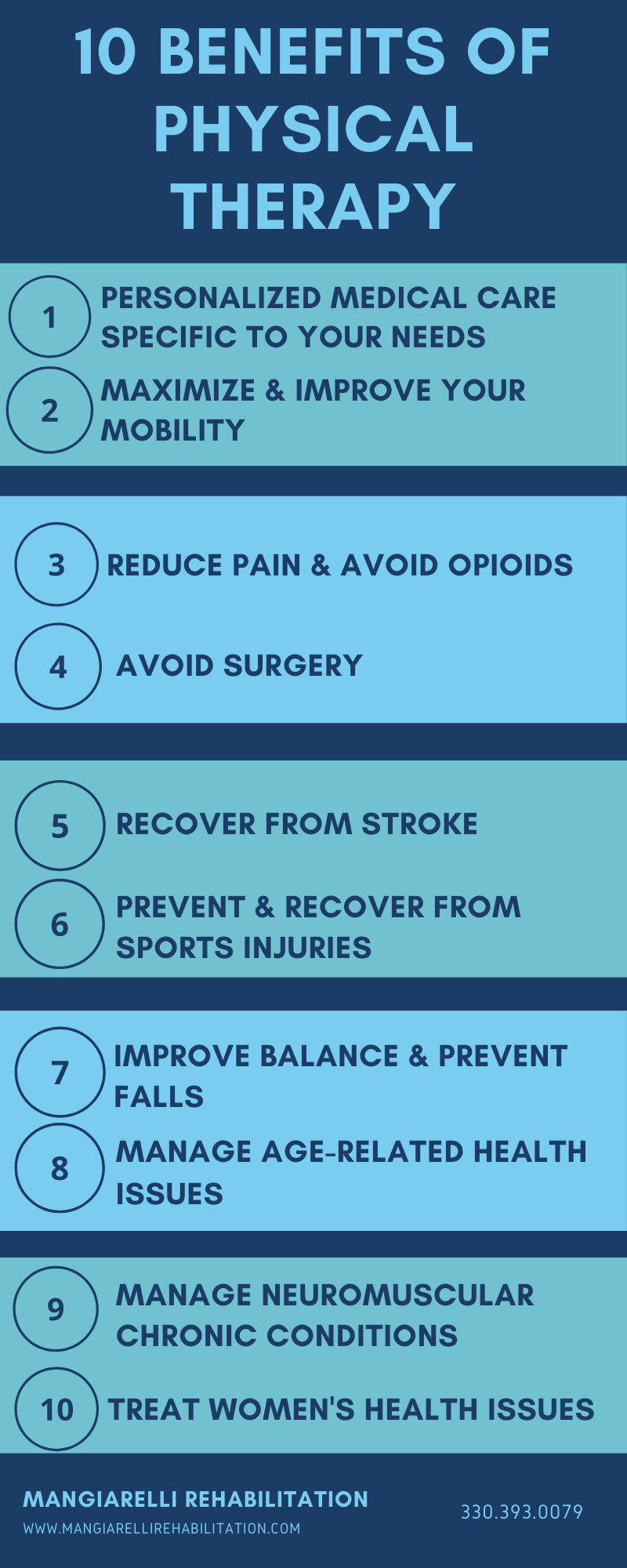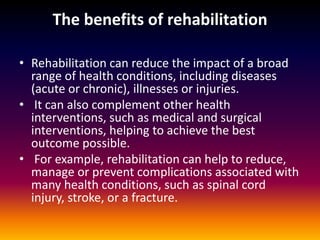Some Known Questions About Narconon Africa.
Some Known Questions About Narconon Africa.
Blog Article
Some Ideas on Narconon Africa You Should Know
Table of ContentsThe 7-Second Trick For Narconon AfricaWhat Does Narconon Africa Mean?Narconon Africa - QuestionsAn Unbiased View of Narconon AfricaFascination About Narconon AfricaThe Main Principles Of Narconon Africa Little Known Facts About Narconon Africa.
In a series of papers with Manudeep Bhuller and Katrine V. Lken, we get over these information obstacles and the nonrandomness of jail time, providing brand-new understandings into how incarceration influences regression, work, children, and criminal networks - Life skills training. Figure 1 Our job studies the results of imprisonment in Norway, a setting with two essential benefitsWe can even more connect this details to other member of the family, consisting of kids and brother or sisters. Moreover, we have details on co-offending that permits us to map out criminal networks for observed crimes. Second, we can leverage the random project of criminal situations to courts that differ in their tendencies to send out defendants to jail.
Some courts send defendants to prison at a high rate, while others are more forgiving. We determine a judge's stringency as the average imprisonment price for all other instances a court manages, after regulating for court and year set effects, which is the degree of random project. This quasi-random task of judge stringency can be made use of as an instrument for incarceration, as it highly predicts the court's decision in the current case, yet is uncorrelated with various other case features both by layout and empirically.
Excitement About Narconon Africa
Characteristics of prisoners, including demographics and criminal offense classifications, are broadly similar in Norway and various other nations, consisting of the United States, with the exceptions that the United States homicide price is a lot greater, and race plays a bigger role there. What stands out as different, especially compared to the United States, is the prison system.
Figure 2In Norway, the average time invested behind bars is a little over six months, which resembles most various other Western European nations. This contrasts with typical United States jail time of practically three years, which remains in big part the reason the United States is an outlier in its incarceration price compared to the remainder of the world [Figure 1]
Rumored Buzz on Narconon Africa
This provides much more splitting up in between minor and hard wrongdoers than exists in the United States. There is no congestion in Norwegian prisons and far better personal safety and security, with each prisoner being assigned to their very own cell and a higher inmate-to-staff proportion than in the USA (https://www.anyflip.com/homepage/wzegw). Prisons in Norway also provide well-funded education and learning, medication treatment, mental health, and job training programs
Our study on the results of incarceration on the transgressor, utilizing the random task of judges as a tool, yields three key findings. Initially, imprisonment prevents better criminal behavior. We find that incarceration decreases the likelihood that a person will reoffend within 5 years by 27 portion factors and minimizes the equivalent variety of criminal charges per person by 10 costs.
The Ultimate Guide To Narconon Africa
We discover sizable declines in reoffending probabilities and collective billed criminal activities also after defendants are released from jail. Our second result is that prejudice due to option on unobservable individual attributes, if neglected, results in the incorrect final thought that time spent behind bars is criminogenic. If we merely contrast criminal accuseds imprisoned versus those not sentenced, we find favorable associations between incarceration and succeeding criminal offense.
This stands in comparison to our analysis based on the arbitrary task of judges, which finds an opposite-signed result. Third, the reduction in criminal offense is driven by individuals who were not functioning prior to incarceration. Among these individuals, jail time raises participation in programs directed at improving employability and decreasing recidivism, and this eventually increases work and revenues while preventing criminal behavior.

Imprisonment causes a 34 percentage factor increase in participation in task training programs for the formerly nonemployed, and within five years their employment rate rises by 40 portion factors. At the very same time, the chance of reoffending within five years is reduced by 46 percent factors, and there is a decline of 22 in the average number of criminal costs.
What Does Narconon Africa Do?

A probable explanation for the distinction is that Norway's jail system differs markedly, both in regards to prison-term size and jail problems, from the United States prison system. While comprehending the results of incarceration on the wrongdoer is a crucial primary step, catching spillover effects is likewise important for have a peek here assessing criminal justice policy and developing effective jail systems.
Getting The Narconon Africa To Work

Common least squares estimates disclose that youngsters of incarcerated daddies are 1 percentage factor extra most likely to be billed with a criminal activity, relative to a mean of 13 percent, and reveal no effect on school qualities. Using our court stringency tool, we discover no statistical evidence that a papa's incarceration impacts a child's own criminal offense or college qualities, yet we are unable to eliminate modest-sized impacts.
The 30-Second Trick For Narconon Africa
We define criminal teams based on network web links to previous criminal instances. Our evaluation yields three main findings. When a criminal network participant is put behind bars, their peers' probability of being charged with a future crime lowers by 51 portion points over the next four years. Furthermore, having an older sibling jailed reduces the chance his more youthful sibling will be billed with a criminal offense by 32 percentage factors over the next four years.
Report this page